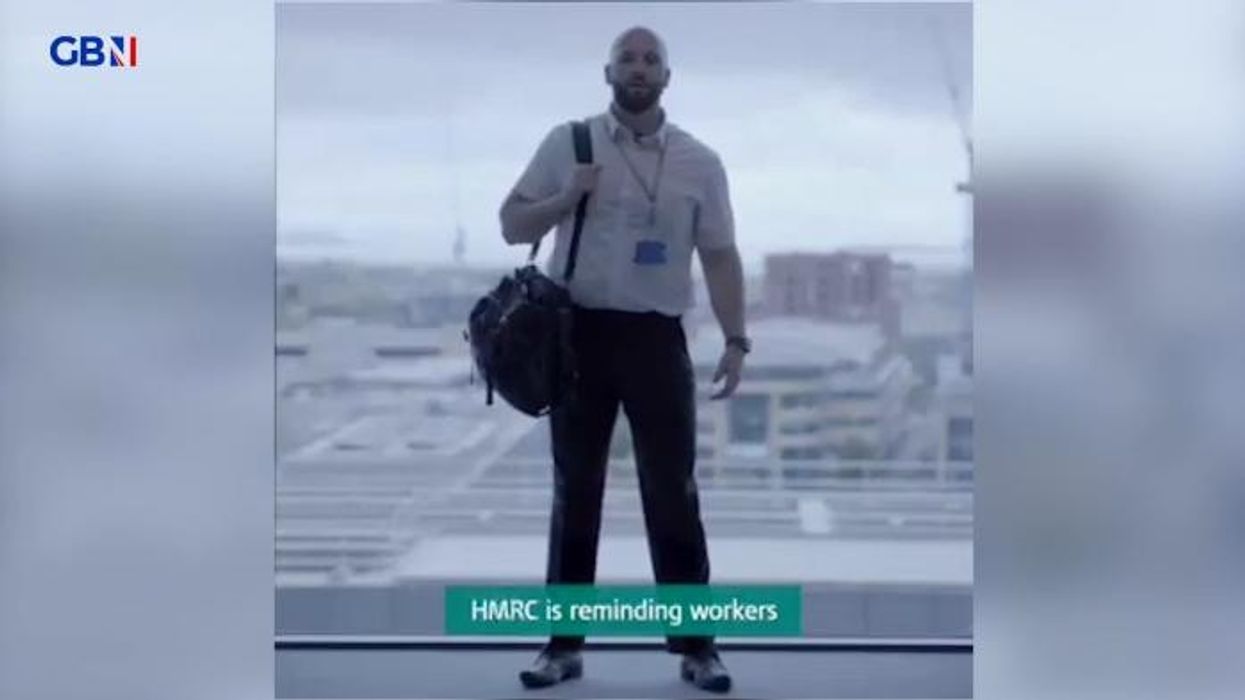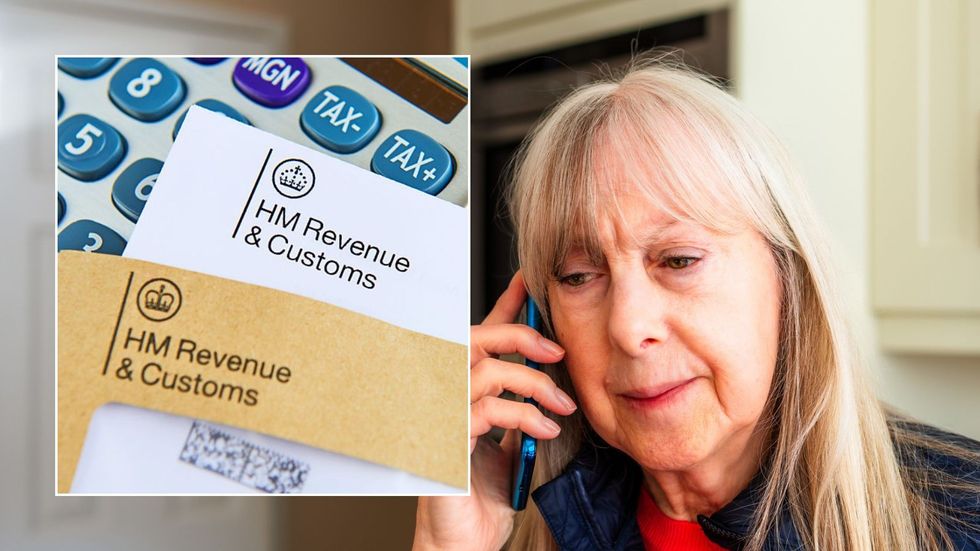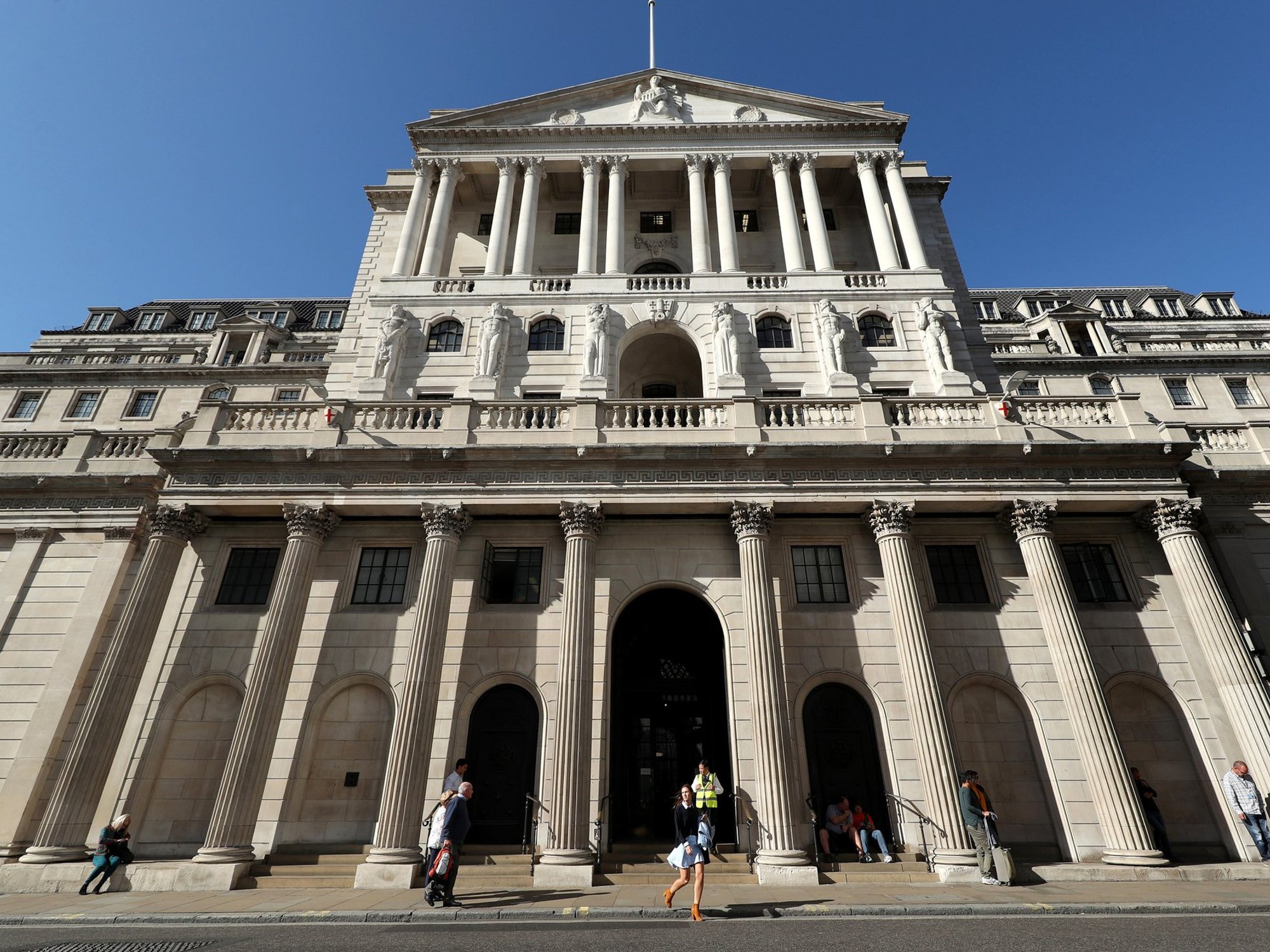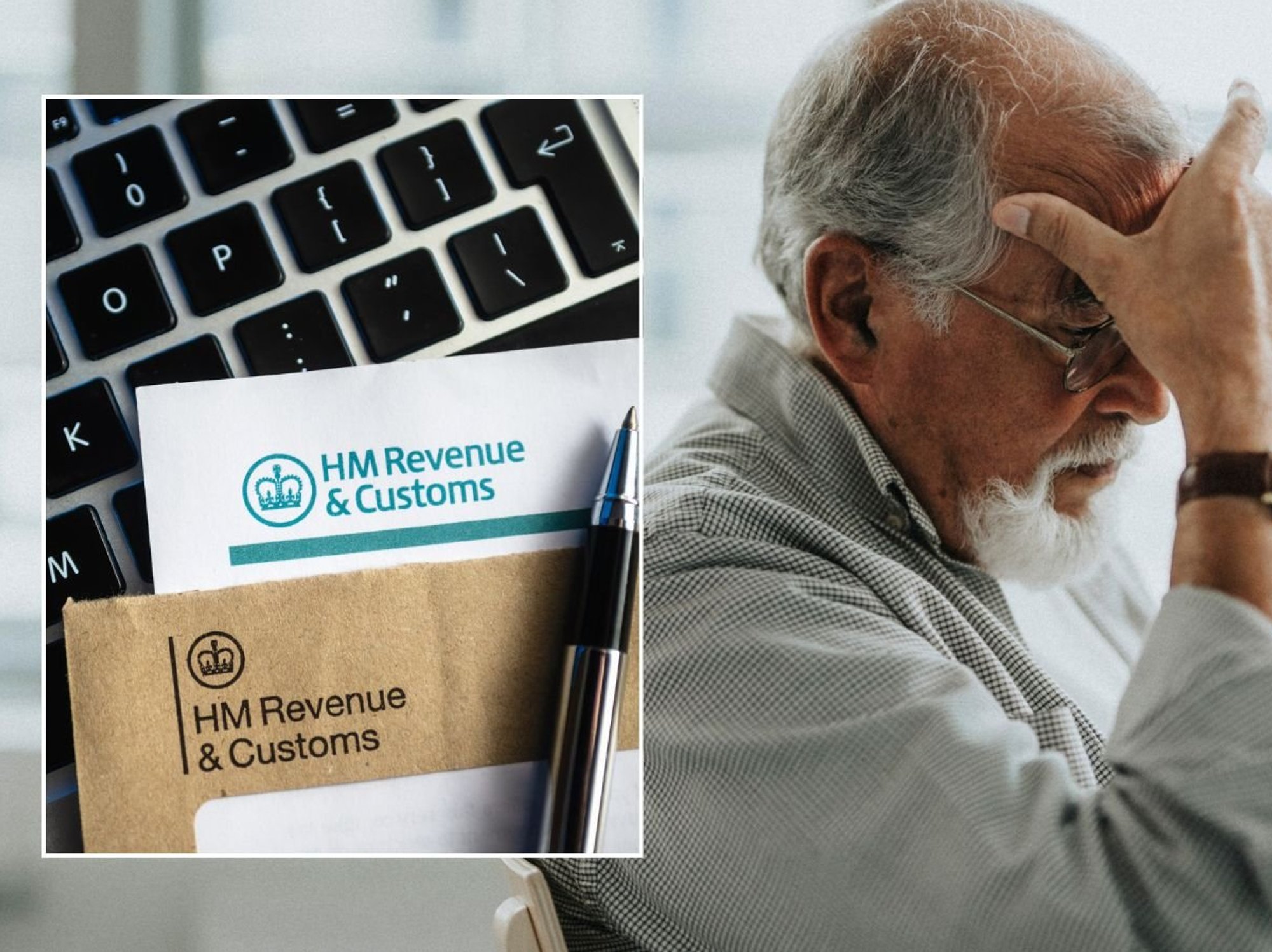HMRC slammed as pensioners hit with shock £10,000 tax bills under 'emergency' code - thousands claim refunds

Tax refunds for work expenses
|GBNEWS

Among those affected, around 11,700 pensioners managed to get back £5,000 or more from HMRC in refunds
Don't Miss
Most Read
Latest
Pensioners are being left stunned after receiving shock tax bills running into the tens of thousands on their retirement savings.
Some have been forced to reclaim more than £100,000 from HMRC after being hit with emergency charges on lump-sum withdrawals.
New figures reveal around 60,000 retirees successfully claimed refunds in 2023/24, a 20 per cent jump on the previous year. Since the introduction of pension freedoms in 2015, HMRC has repaid an eye-watering £1.4billion to those overcharged.
The problem lies in the way HMRC applies an "emergency" tax rate, wrongly treating one-off pension withdrawals as if they were ongoing monthly income. This leaves savers facing huge deductions upfront, with refunds often arriving only after lengthy delays.
Among those seeking refunds, approximately 11,700 pensioners successfully reclaimed £5,000 or more from the tax authority. Within this group, 2,400 individuals received refunds exceeding £10,000 each, highlighting the scale of overcharging affecting retirement savers.
The average refund amount climbed to £3,342 in 2023-24, representing a £280 increase or nine per cent rise compared to the previous year's figure of £3,062. The most substantial refunds proved even more dramatic, with the top 25 cases averaging £106,900 each.
Clare Moffat, pension expert at Royal London, described the situation as remarkable. "It’s incredible to think that some people withdrawing from their pension for the first time were entitled to emergency tax refunds in excess of £100,000."
The emergency tax system creates problems by treating one-off pension withdrawals as if they represent ongoing monthly earnings throughout the remainder of the tax year.
This flawed assumption leads to substantial overcharging when pensioners make large single withdrawals from their retirement funds.

HMRC slammed as pensioners hit with shock £10,000 tax bills under 'emergency' code
| GETTYMs Moffat warned that these unexpected tax bills frequently arrive as "a massive shock" and can disrupt retirees' carefully planned financial arrangements.
While HMRC recently announced reforms to its emergency tax codes promising faster refund processing, she noted this won't prevent the initial overcharging from occurring.
Under pension freedoms introduced in 2015, individuals over 55 can typically withdraw 25 per cent of their defined contribution pension as a tax-free lump sum, with the remaining 75 per cent subject to income tax rates.

increased large lump-sum withdrawals will "likely mean an even greater spike in emergency taxes
| GETTYThe situation may deteriorate further following the Government's decision to subject unused pension funds to inheritance tax from 2027. Currently, pensions remain exempt from inheritance tax, making them an attractive vehicle for transferring wealth to beneficiaries.
Ms Moffat explained that this upcoming change means "more and more people are considering dipping into their pension pots while they are alive" to make substantial lifetime gifts to family members.
She predicted that increased large lump-sum withdrawals will "likely mean an even greater spike in emergency taxes on those withdrawals."

The pension expert concluded that "the problem of emergency taxes isn't going away, and there's a chance it could get worse
| GETTYThe pension expert concluded that "the problem of emergency taxes isn't going away, and there's a chance it could get worse" as retirees adapt their strategies to avoid future inheritance tax liabilities.
A spokesman for HMRC said: "Ultimately, nobody overpays tax as a result of taking advantage of pension flexibility.
"We will repay anyone who pays too much because they’re on an emergency tax code and individuals can claim a repayment much earlier if they wish."










